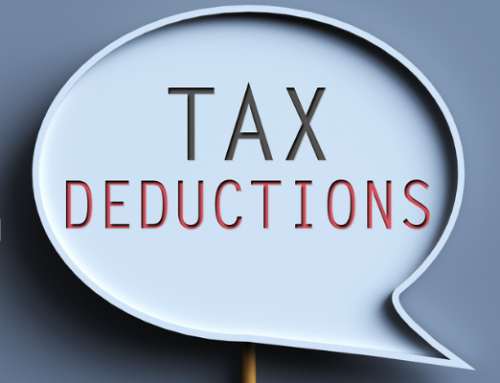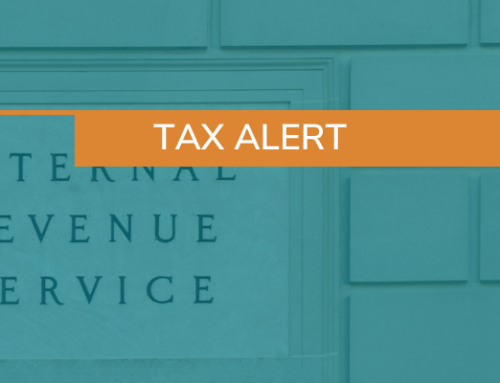The IRS announced its annual inflation adjustments on October 18 in Revenue Procedure 2022-38. The announcement includes adjustments for over 60 tax provisions for tax year 2023 for tax returns to be filed in 2024 including the various individual tax rate brackets and thresholds, standard deduction amount, annual gift exclusion, and estate tax exemption. As expected due to soaring inflation over the past year, the tax adjustments are significant this year with most adjustments increasing around 6 to 7 percent.
Individual Tax Rate Brackets
The top individual tax rate will remain at 37% and will apply to income levels above $693,750 for married filing jointly taxpayers and $578,125 for single taxpayers. This increase in the top bracket results in nearly $46,000 ($38,000 single taxpayers) of taxable income in 2023 being taxed at the lower 35% tax bracket. Tax brackets at all income levels will increase 7 percent resulting in more income in 2023 being taxed at lower marginal tax rates. Workers will notice these tax bracket adjustments in their payroll checks starting in January 2023 once the new updated tax withholding tables are released and used in 2023 payroll calculations.
Standard Deduction Amount
The 2023 standard deduction amount will increase $1,800 to $27,700 for married taxpayers and $900 to $13,850 for single taxpayers. The standard deduction is the fixed dollar amount that taxpayers who do not itemize their deductions can use to reduce the amount of their taxable income. After the standard deduction amounts were almost doubled in 2018 as part of significant tax reform, an estimated 90% of households take the standard deduction amount each year rather than itemizing their deductions. The higher standard deduction amount is currently in place until 2025 pending future tax law changes.
Annual Gift Exclusion
Individuals will be allowed to give up to $17,000 in 2023, an increase of $1,000 from 2022 amounts, to any other person without incurring gift tax consequences or utilizing their lifetime gift tax exemption amount. Married couples electing to gift-split in 2023 can effectively give up to $34,000 to any donee. Executing an annual gifting strategy and utilizing these annual exclusions continues to be a tried-and-true method of passing wealth to others in a tax efficient manner with minimal tax reporting requirements.
Estate Tax Exemption
The estate tax exclusion will increase to $12.92 million for 2023, up from $12.06 million in 2022. This is the maximum amount that individuals can transfer to heirs during lifetime or at death without triggering an estate tax liability. Married couples electing portability and sharing of the estate exclusion will be able to exclude nearly $26 million for 2023 from their estates. The current estate exclusion was significantly increased in 2018 as part of significant tax reform and is scheduled to drop back to 2017 levels (as adjusted for inflation) in 2026 pending future estate tax law changes. The estimate of the future estate tax exclusion in 2026 is $6.4 million or almost half of the current amounts.
Other Tax Provisions and Thresholds
Unfortunately, several tax provisions and thresholds are not indexed annually for inflation and are set by law such as the $10,000 cap on state and local tax deductions, the $3,000 annual capital loss deduction, the $500,000 gain exclusion on the sale of a primary residence, and the $250,000 AGI threshold for being subject to the additional 3.8% net investment income tax. During times of high inflation, these set tax deduction, exclusion, and threshold amounts are often referred to as “hidden tax increases” resulting in higher tax liabilities for more taxpayers each year. For example, the current $250,000 AGI threshold for the 3.8% net investment income tax was originally set back in 2013 and has never been adjusted for inflation. When considering cumulative inflation adjustments since 2013, that AGI threshold should now be approximately $325,000 or $75,000 higher than the current amount.
Questions?
PBMares clients with questions about how these new IRS inflation adjustments will affect their future tax planning options in 2023 can reach out to Charles Dean Smith, Jr., CPA and Partner in the firm’s New Bern, NC office.





